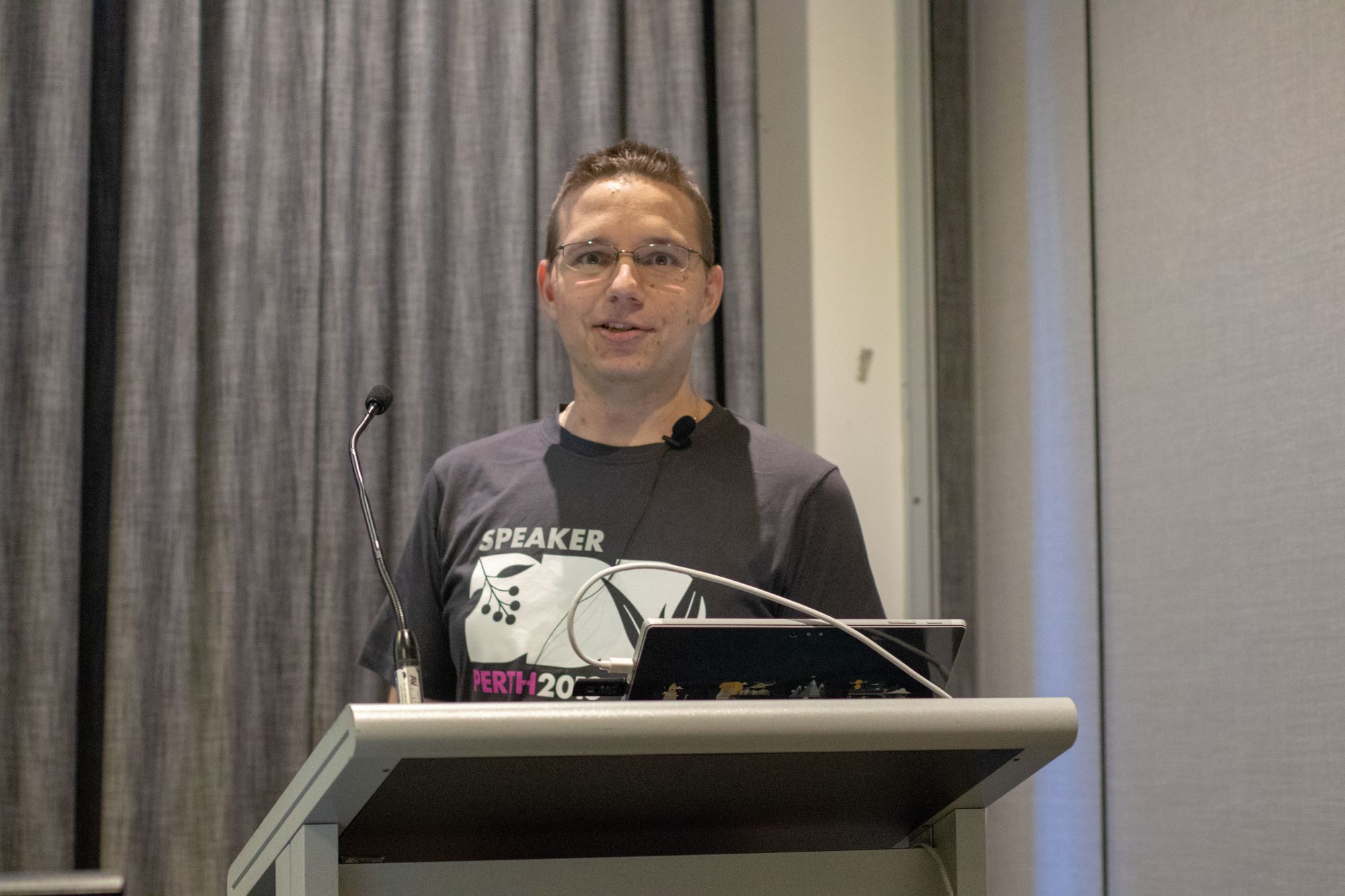“We cannot become what we want to be by remaining what we are.” – Max Depree
Kaizen as you might have worked out by now is a Japanese word - written 改善 or かいぜん. The direct translation is "change for better" or "improvement" to be more concise.
While Kaizen's roots date back to the early 50s, it really rose to prominence in the 80s and 90s when it became a principle of Toyota's production system - The Toyota Way - which was a precursor to lean manufacturing. I first learned about Kaizen about 5 years ago and it immediately struck a chord with me.
Continuous improvement is essential to being an effective leader. There are heaps of books, courses and certifications on Kaizen, so I'm not going to regurgitate content you could find with a little Googling. Instead, I want to share my own thoughts on continuous improvement.
Exhibit A
To start with I want to tell you how I first learned of Kaizen to illustrate just how important it is for leaders to be receptive to learning and continuous improvement, no matter where it comes from.
The first time I heard about Kaizen was from someone in my team - Vinny - who reported to me. It wasn't my own leader, it wasn't from a prominent author, speaker or coach, it was from someone far younger than me, with "less experience", but also someone that was truly passionate about DevOps, process improvement, and generally wanting to help the team be awesome.
We will generally seek or heed advice from "experts" or when we actively seek it, but equally great advice and opportunities for improvement can come from anywhere, we just need to be open to hearing it.
Perfection Is The Enemy... Of Good
The pursuit of perfection can often hinder progress or achievement. It does so in a few ways; by preventing us from starting because perfection is a tall mountain to climb, it draws a disproportionate amount of focus to the benefit it provides, and it can create unrealistic expectations.
Continuous improvement promotes gradual progress and thus progressive growth. By making gradual changes we get to assess the effect of those changes and adapt our approach accordingly.
For example, I've recently started to learn about generative art which is heavily influenced by mathematics. A perfectionist might try to understand all the mathematics - advanced calculus and obscure principles for example - used to create the more impressive images. But they might also lead them to never create a single image in the first place if they feel it's just too hard. My approach was to start creating simple images using mathematical concepts I already understand - high school level concepts - and then build on that as I try to create more interesting images. In doing so not only do I learn more mathematics - directly and indirectly - but I've also created images and enjoyed the process along the way.
Embrace Failure
Failure can be a sign of two good things. It's a sign of action being taken, and a sign of where improvement can be made. The world is full of success stories born of (sometimes many) failures. One surefire way to ensure continuous improvement is to try, fail and learn often.
It doesn't have to be a grand endeavour. It can be a new skill, a process in a team, or a new business. Succeed or fail, you will learn. You take what you learn and you adapt, you improve. But failure should not be viewed as fatal or defeat (unless of course, you happen to be in an industry where that is actually the case!).
Fear of failure is the enemy here. It can prevent one from trying something new and thus prevent learning and improvement. Don't be held captive by the fear of failure.
The Take-Aways
To summarise, the three key points I'd like you to take away from this post are:
- Be open to ways of improving from anyone; we can all stand to learn something from someone else.
- Aim for gradual, continuous improvement rather than perfection; action is what matters.
- Treat failure as an opportunity to improve and grow; don't let fear of failure stop you from trying in the first place.

